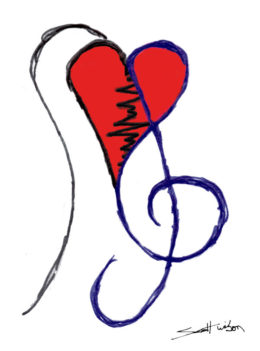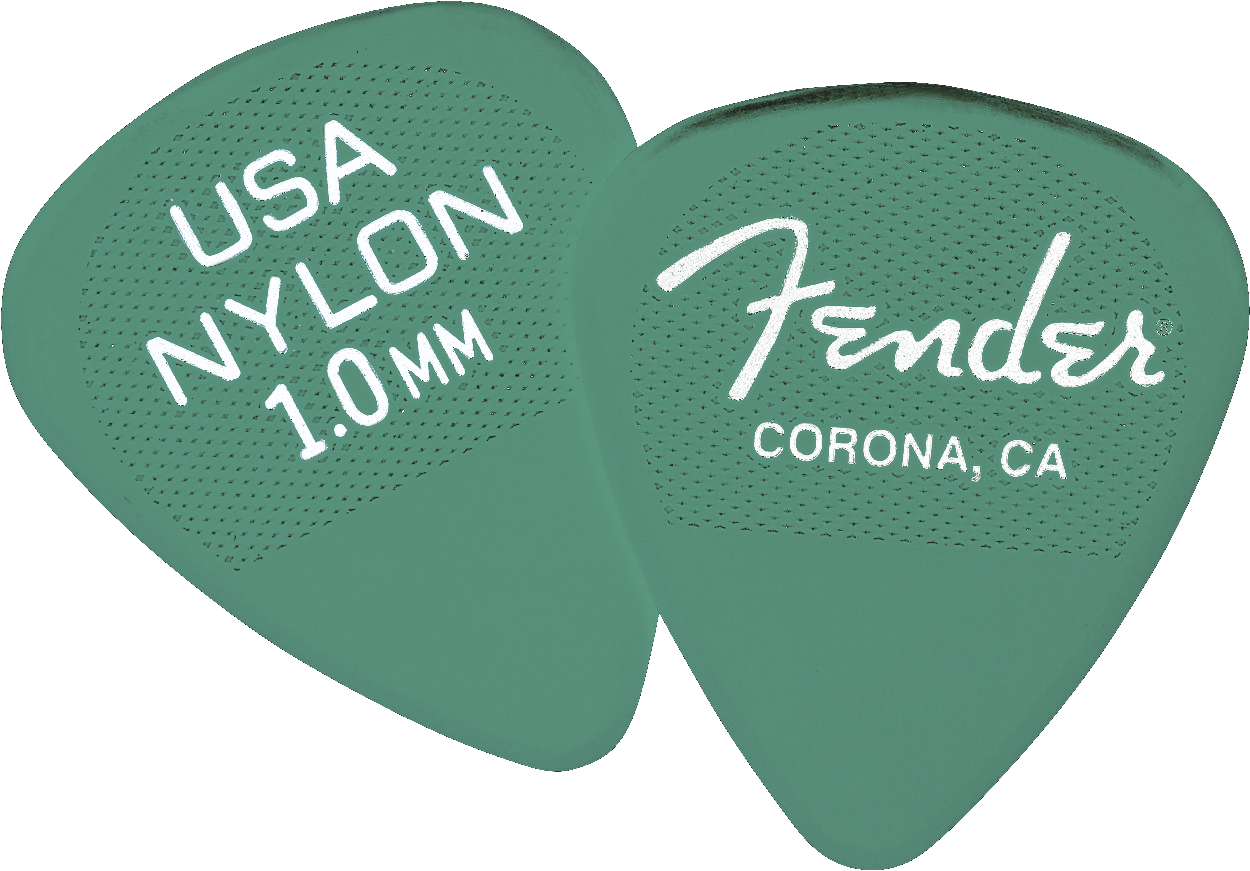
Did you know that February is the American Heart Month? While cardiovascular health should be among our primary concerns each day of the year, this month is as good a time as any to raise awareness of the importance of heart health, especially since heart disease is the leading cause of death for men and women in the United States.
Why are we talking about the Heart Month in this blog? That’s because there is plenty of research suggesting that music can – both literally and figuratively – mend broken hearts.
Music has been credited with many beneficial effects on our brain, body and soul – from making us smarter to making us happier and healthier. In fact, unless you play or listen to very loud music on prolonged basis (which can lead to hearing loss), there is nothing negative about music exposure – it’s all good!
At the…heart of the matter are several scientific studies showing that music can actually boost your cardiovascular health.
How exactly does this work? Before we answer this question, let us give you a very brief tutorial. Long-term stress wreaks havoc not only on our nervous system but also, doctors tell us, on the heart. For example, over time chronic stress may increase the heart rate and blood pressure, unleashing the so-called “stress hormones” like cortisol and adrenaline into the body. All these factors could weaken the heart, causing heart attacks, strokes, and other medical conditions.
Now for the good news: studies have shown that music is one of the best de-stressors around.
However, let us make it perfectly clear: music alone can’t prevent cardiovascular disease or stave off heart attacks. A tobacco-free lifestyle, which also includes regular exercise and sensible eating habits, is the basis of a strong and healthy heart. We thought it would be important to emphasize this point.
Back to music: just as stress tends to emit harmful hormones into the body, exposure to music releases some powerful substances of its own: endorphin and serotonin. They are known as “feel-good” hormones because they effectively reduce stress and anxiety; playing or listening to music has been shown in studies to maximize the output of these stress-busting hormones.
That’s why many hospitals use music therapy to help their patients recover. At the famous Mayo Clinic in Rochester, Minnesota, music is played for heart patients to help them reduce post-op stress, tension, and anxiety.
You might be wondering what kind of music is best for your heart.
Let’s put it this way: any music that you enjoy playing or listening to will be beneficial. Generally speaking, classical music is great, but so are jazz, blues, and even rock, if that’s your thing.
However, researchers at Sanford University found that that being exposed to the same music over and over again decreased its beneficial effects on the body, so mix it up – play or listen to different tunes. By the same token, if you don’t like a particular style of music, don’t listen to it because doing so will increase, rather than diminish, stress. And that would be the exact opposite of what you are trying to accomplish!
We at Hey Joe Guitar care about your heart – and ours. That is why we make our Manhattan, Brooklyn, and Riverdale music lessons easy and convenient.
Not only do our teachers come right to your home or office, but we also offer a wide variety of instruments – guitar, piano, drums – whatever, wherever, and however you like it.
Any music that pulls on your heartstrings can be yours for the asking!
